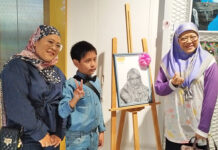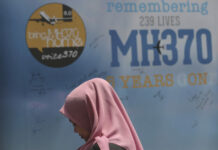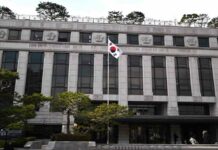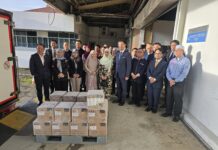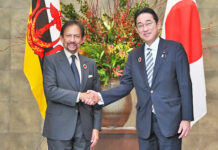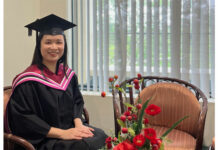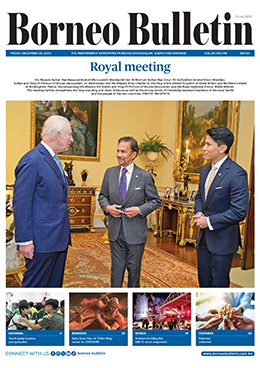Brought to you by

In the constantly shifting landscape of education, teachers have long served as the bedrock of communities.
Yet, the past decade has tested them in ways few could have predicted. From steering through the complexities of the global COVID-19 pandemic to keeping pace with the rapid advances in technology, teachers have continually met these challenges head-on.
Far beyond their traditional roles, they’ve become navigators of new terrains, often pushing past the boundaries of their duties to ensure their students’ success.
This year’s National Teacher’s Day celebration in Brunei, themed ‘Quality Teachers – Drivers of Educational Transformation’, with a focus on education for a continuously changing world, brings to light the critical role teachers play in inspiring students to reach their full potential amidst an evolving educational landscape.
As the pace of change accelerates – driven by technological leaps, societal shifts, and global challenges – teachers remain at the heart of this transformation.
Ever adaptable, they are the steady hands guiding the next generation, equipping them with the skills and resilience needed to face an uncertain future.
“As the world shifts towards a more interconnected society through technology, the role of teachers goes beyond the traditional boundaries.
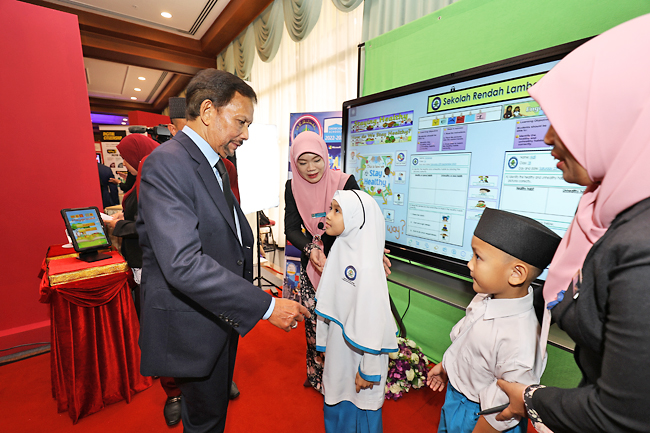
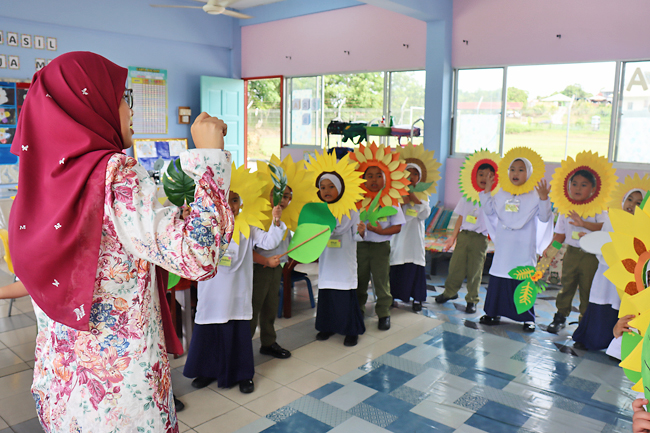
“Teachers are not just educators; they are mentors who nurture creativity and a passion for lifelong learning,” shared the Ministry of Education, in reference to the theme description for this year’s Teacher’s Day celebration.
For many, the sudden shift to remote learning during the pandemic shone a bright light on the essential role teachers play in our everyday lives.
As classrooms went virtual, educators were thrust into a new reality of online platforms, learning management systems, and teaching via video calls.
This wasn’t just about finding a way to continue lessons; it was about keeping students engaged, connected and motivated in a time of global uncertainty.
Teachers, already skilled in the art of adapting to new generations of students, showed their resilience by quickly mastering the technologies necessary to maintain the continuity of learning.
“In this rapidly evolving digital world, 21st-Century skills are essential for students, and teachers play a crucial role in this process.
“They not only deliver learning content and assessments effectively but also guide students in critically evaluating information and encourage the responsible use of technology,” added the ministry.
The COVID-19 pandemic, though, was just one chapter in a decade of challenges. Over the years, teachers have seen the rapid evolution of teaching methods as society has leaned more on technology and 21st-Century skills.
The shift towards science, technology, engineering, arts and mathematics (STEAM) education has been crucial, made possible through determined efforts.
Teachers now work not only to impart subject knowledge but also to prepare students for a future filled with constant innovation and the unknown.
Yet, it’s not only technology that has demanded teachers’ adaptability. Shifts in society, particularly the growing focus on inclusivity, have transformed the dynamics of the classroom. Now more than ever, teachers are entrusted with the responsibility of fostering environments that mirror the diversity of everyday life, ensuring each student feels seen, valued, and heard.
“Teachers are also advocates of inclusivity and diversity, fostering a safe learning environment where every student feels a sense of belonging and can reach their full potential.
“They play a key role in ensuring that the environment reflects the diversity of the real world, stressing the importance of understanding and appreciating different perspectives,” continued the ministry.
This focus on inclusivity isn’t just a box to check; it’s about ensuring that each child has the opportunity regardless of their background or abilities.
Teachers today are champions of equity and empathy, fostering learning spaces that nurture not just minds but also hearts.
“This support cultivates students’ appreciation for cultural diversity, strengthens their empathy, and prepares them to be responsible global citizens.
“Teachers can guide students to view diversity as an opportunity to learn and broaden their experiences.
“As architects of the future, the teachers’ roles go beyond imparting academic knowledge. They are also responsible for developing students’ emotional intelligence and resilience.”
Moreover, the teachers’ influence extends well beyond the academic, encompassing both personal and spiritual development.
In Brunei, where the values of the Malay Islamic Monarchy (MIB) are central to the education system, teachers play an essential role in preserving and imparting cultural and spiritual teachings.
This is especially relevant as educators encourage students to adhere to these values while navigating the complexities of a modern, interconnected world.
“This holistic approach promotes students’ spiritual growth, helping them understand their roles in the world more deeply and contributing to a better future,” the ministry said.
While the past decade has brought trials, it has also been a testament to the strength, dedication, and flexibility of teachers.
They have had to pivot quickly, learn new tools, adjust their teaching strategies, and maintain a strong sense of empathy throughout.
These qualities are what make them so essential to the fabric of our society.
“Therefore, let us all appreciate their dedication and support their efforts to empower the next generation as global citizens, always ready to contribute positively to an ever-changing society, towards realising Brunei Vision 2035.”





